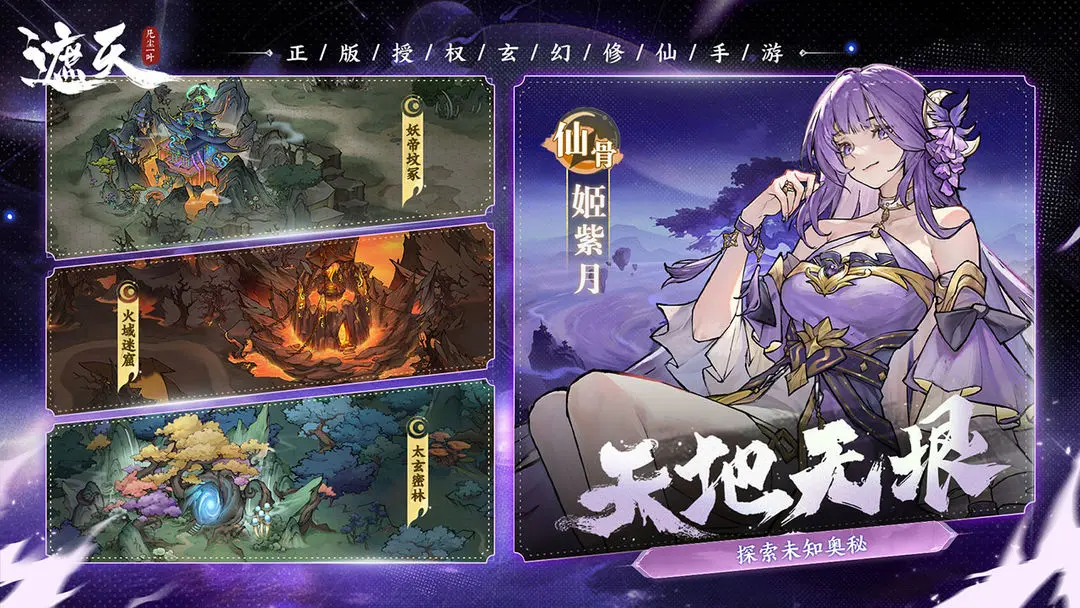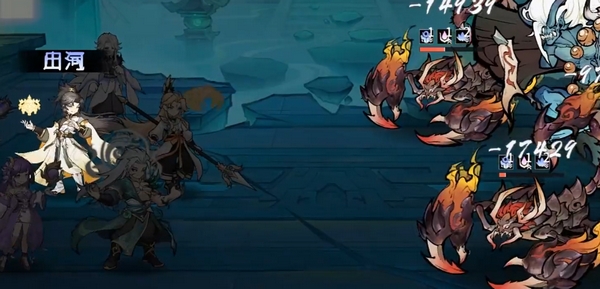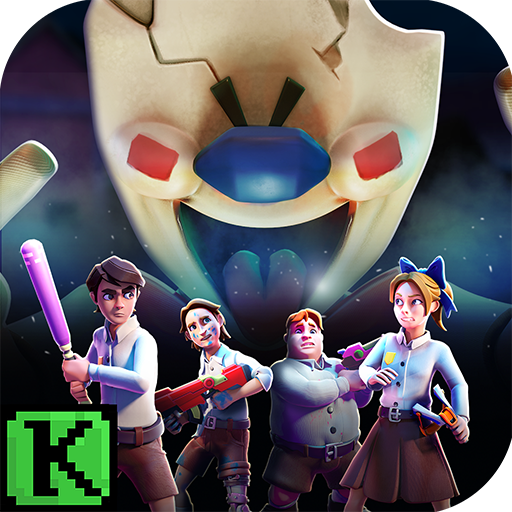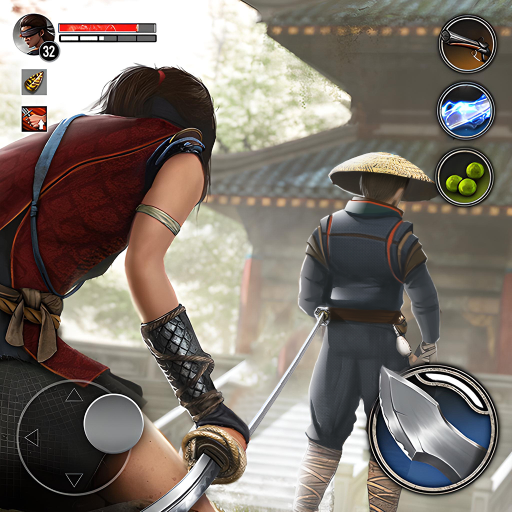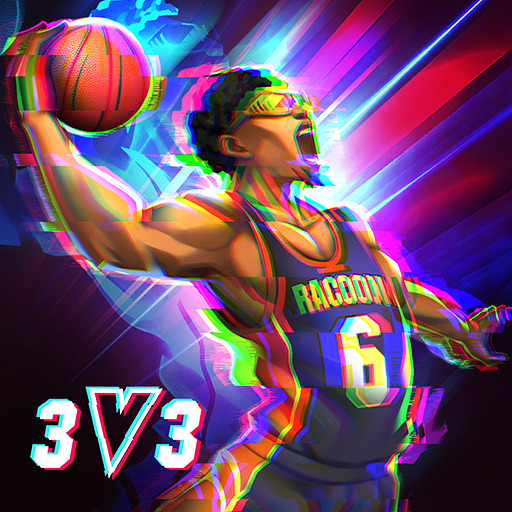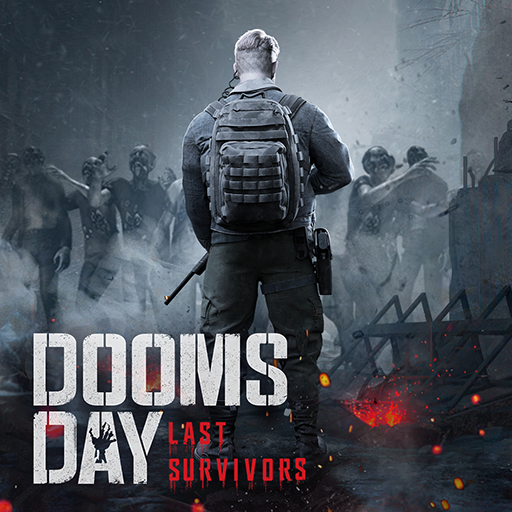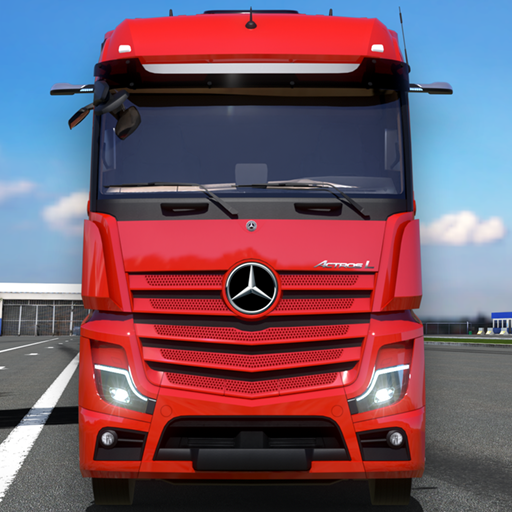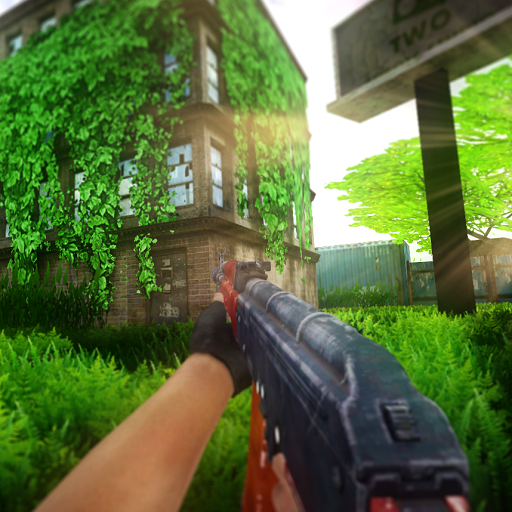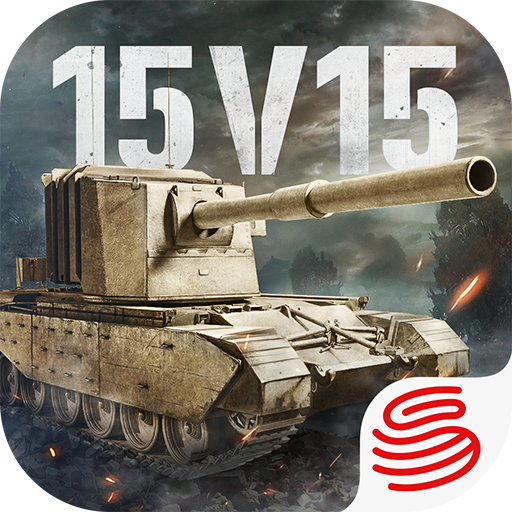
Professions in the game can roughly be divided into melee damage dealers, ranged damage dealers, defensive professions, and support professions, with each type having unique skill mechanisms. Melee professions are typically characterized by high burst and high mobility, allowing them to quickly close in on enemies and perform combos, such as swordsmen and assassin-like professions, whose skills tend to focus on dashing, chaining attacks, and control, suitable for players who enjoy flexible positioning and swiftly finishing off opponents. The core gameplay of melee professions usually revolves around attack rhythm and skill sequencing, requiring players to accurately grasp the enemy's weaknesses and deal substantial damage in a short period. Ranged professions, on the other hand, place more emphasis on the timing of skill releases, using kiting tactics or area-of-effect (AOE) attacks to weaken enemies, such as archers and mages, whose skills often possess powerful AOE damage or slowing effects, fitting for players who prefer strategic output. In battles, ranged professions need to master their positioning; once approached by enemies, their survivability may significantly decrease, thus requiring agile movement to ensure safety.
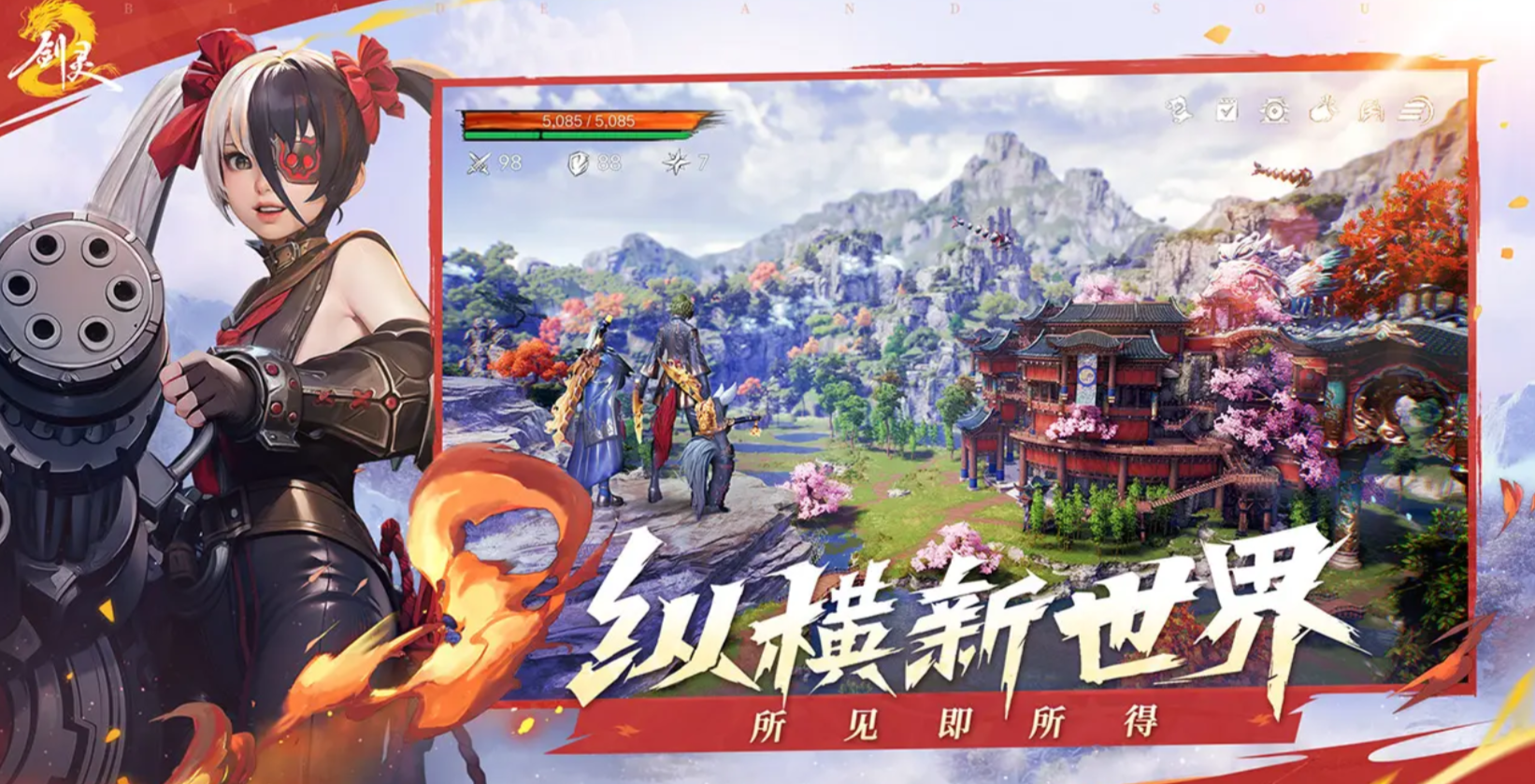
The skills of defensive professions mainly revolve around survival and control, often serving as front-line tanks in team battles, drawing enemy fire and protecting teammates. For instance, heavy armor warriors, whose skills mostly include shields, damage reduction, and taunt effects, play a critical role in dungeons or PvP battles. These professions operate relatively stably but also require players to have strong pressure resistance, able to withstand prolonged enemy assaults, providing output space for teammates. Additionally, some defensive professions also have certain counterattack capabilities, capable of reflecting damage or interrupting enemy skills through their abilities, offering more tactical options to the team. In contrast, support professions lean more towards providing healing, buffs, and status control, with their skills capable of offering continuous health recovery, increasing damage, or removing negative effects, being an indispensable part of team battles. Players choosing support professions generally need to have a strong sense of teamwork and be proficient in timing skill releases, ensuring the team remains in optimal condition during battles.
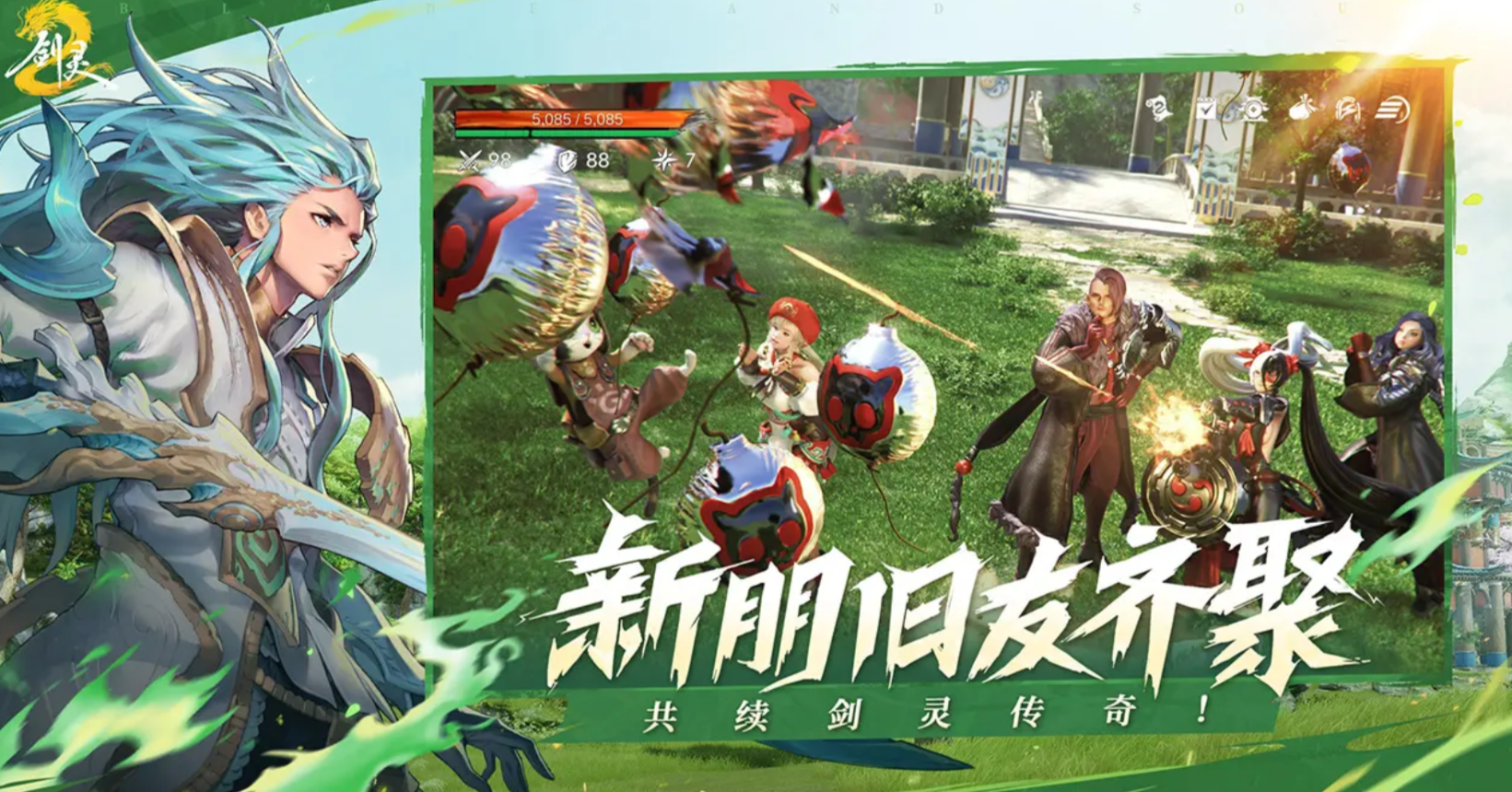
When selecting a profession, in addition to considering the profession's skills themselves, it is also necessary to take into account one's operational habits and gaming goals. If you are a player who enjoys high-burst, fast-paced combat, you might choose an assassin-like profession; if you prefer stable output and ranged kiting tactics, mage or archer would be good choices; if you like teamwork and taking on the survival pressure for the team, defensive or support professions would be more suitable. Moreover, the profession growth system in Blade & Soul 2 mobile game allows players to adjust skill combinations at different stages, so there's no need to be too fixated on the initial profession choice. Instead, one can continuously optimize their skill set as they progress in the game, adapting to different battle environments. For example, some dungeons may require highly mobile damage dealers, while certain team battles rely more on the buffing capabilities of support professions.
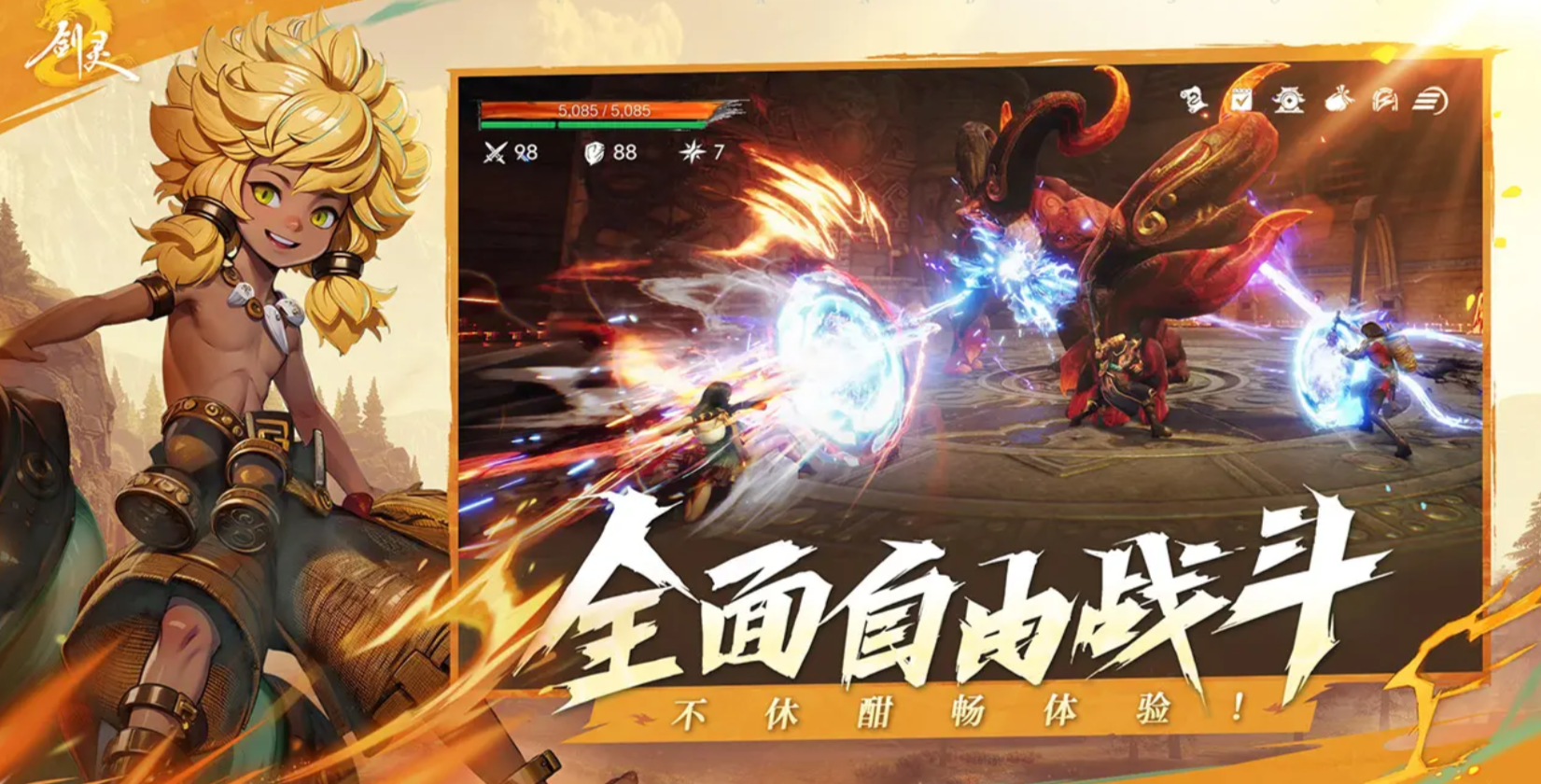
In general, the choice of profession in Blade & Soul 2 mobile game mainly depends on personal preferences and understanding of skill mechanics. Each profession has its unique charm and plays a different role in team battles. Whether choosing a highly mobile assassin, a powerfully offensive mage, a tenacious warrior, or a supportive auxiliary, everyone can find their own joy in the game. The most important thing is to reasonably match skills, master the characteristics of the profession, in order to navigate the world of Blade & Soul 2 with ease and enjoy a thrilling combat experience. For new players, it is recommended to first try out professions that are relatively easy to handle, familiarize themselves with the game mechanics, and then attempt those with higher operational demands, ensuring they can fully experience the fun of the game.
